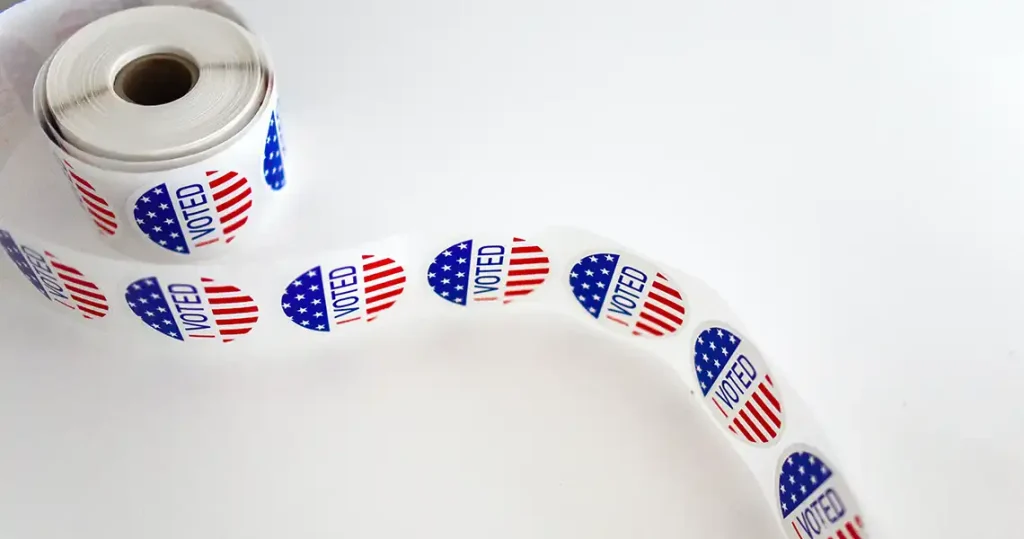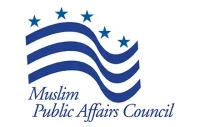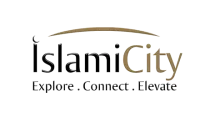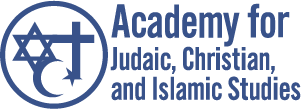
Why Democracy Matters to People of Faith
When, in 1776, the Unites States declared its independence from Great Britain, it marked a radical departure from traditional forms of political authority: a government by the people for the people versus hereditary rulers seen as divinely appointed. Ever since, this principle of democratic rule has been part of the bedrock of US self-identity, gradually extending over time to include voting rights for African Americans and women.
However, in recent years democracy in the United States has begun to fray as a shared national value. The vast sums of political donations, gerrymandering of voting districts, concerted efforts of voter suppression, to say nothing of the fiercely partisan debate over election results, all have a deeply corrosive effect on the very foundation of our country as a democratic nation.
Some consider this state of affairs, though lamentable, as a purely secular matter. We believe the weakening of democracy to be a moral and spiritual crisis as well. In this series of three interfaith conversations, we will explore why people of faith have a vital stake in the survival and flourishing of democracy.
Each webinar will include a presentation by our panelists, a discussion with the respondents, and questions from the audience.
Moderator:
Dr. Reinhard KraussAcademy for Judaic, Christian, and Islamic Studies
Session 1: The Religious Roots of Democracy
Democracy is commonly understood to be of Greek origin. While first practiced in rudimentary form in the city-state of Athens, the modern understanding of democracy has many roots. Among them are significant contributions by the Jewish, Christian, and Muslim traditions, notably the belief in a shared humanity of all people.
The panel discussion will examine how each of the three religious traditions provided a significant tributary to the stream that would eventually become modern democracy.
Speakers:
Dr. Scott Spitzer
Cal State Fullerton
Rev. Jonathan Chute
Rolling Hills United Methodist Church
Dr. Javad Hashmi
Muslim Public Affairs Council
Respondents:
Yael Aranoff
American Jewish University
Emilie Nordhues
UCLA
Kienan Taweil
Loyola Marymount University
Session 2: Democracy vs. Theocracy
(Rule of the People vs. the Law of God?)
People of faith orient their beliefs and their conduct on holy scriptures believed to contain divinely revealed truths and ethical mandates. Some argue that the God-given truths and ethical mandates of their particular tradition must also be implemented in the political arena.
Such a demand for a divinely mandated political order (theocracy) is obviously incompatible with democracy in which political authority is based on the collective will of all people, regardless of their particular religious convictions.
The panel discussion will explore why people of faith should reject theocratic models of political authority in favor of democracy.
Speakers:
Rabbi Dr. Aryeh Cohen American Jewish University
Dr. Janna Gosselin
New Theological Seminary of the West
Mustafa Akyol
Cato Institute
Respondents:
Naomi Moskowitz
UCLA
Hannah Grierson
Norwegian Refugee Council (NRC) USA
Rasik Hussain
Los Angeles Mayor’s Office
Session 3: Why Should People of Faith Defend Democracy?
Is religion a purely private matter, concerned only with the interior life, or does religion also need to play a role in the public arena, in the busy marketplace of ideas? The proponents of the strictly non-political nature of religion overlook that every religion contains ethical mandates not just for individuals but also for interpersonal and communal relationships.
Core religious values such as compassion and justice require people of faith to be concerned not just with themselves and their own group but with the protection of equal rights for all members of society, especially minorities.
The forum will illuminate the particular reasons why their respective traditions call Muslims, Christians, and, Jews to actively defend democracy.
Speakers:
Rabbi Dr. Elliott Dorff
American Jewish University
Dr. Richard Mouw
Fuller Theological Seminary
Salam Al-Marayati
Muslim Public Affairs Council
Respondents:
Yael Aranoff
American Jewish University
Winston Gee
UCLA
Kienan Taweil
Loyola Marymount University


